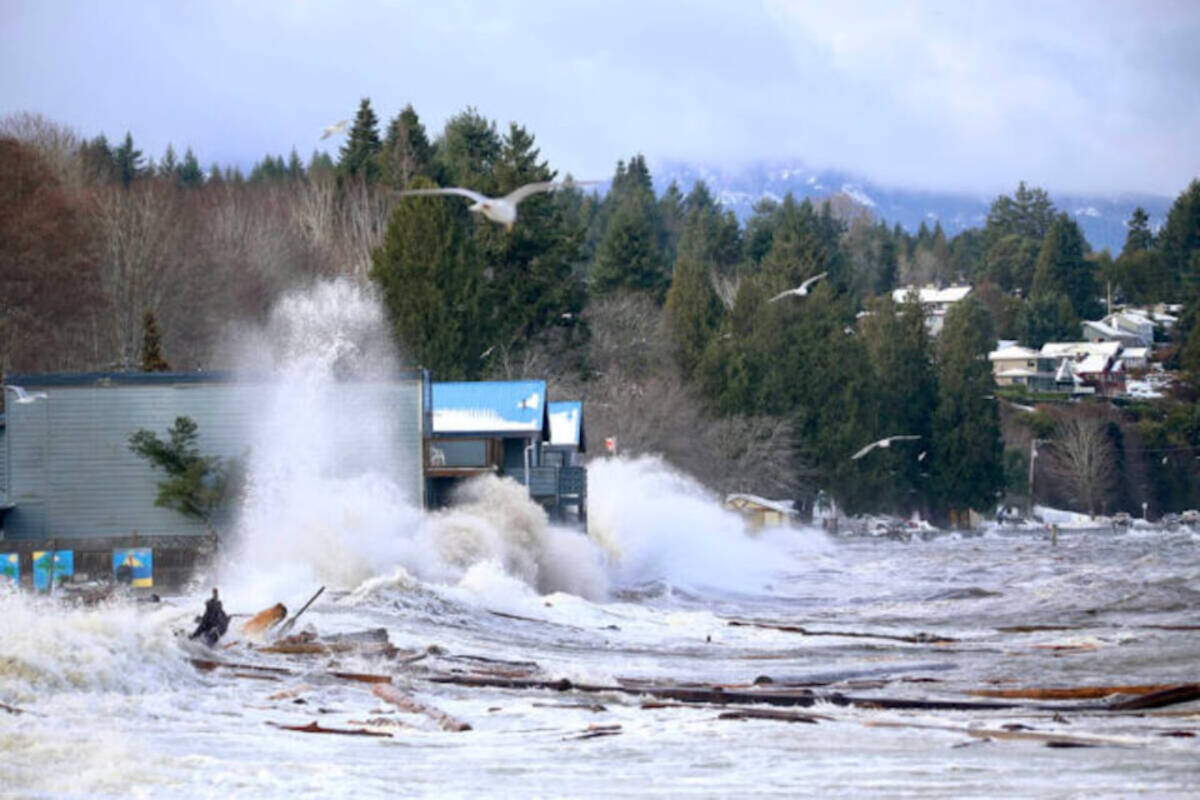The Town of Qualicum Beach has committed to work with other municipal governments in the province to bring a class action lawsuit against selected global fossil fuel companies and recover the costs related to climate change.
The decision was reached by council at its regular meeting on Feb. 7 but it was not unanimous as Coun. Scott Harrison voted in opposition.
The town’s commitment involves residents contributing $1 towards the lawsuit. However, it is contingent on council obtaining a copy of a legal opinion to determine there is a solid legal basis for the claim and that other BC municipalities will also join and pledge a combined minimum of $500,000.
“This is really about investing a dollar now as protection against costs that the town will incur …. we’re expected to incur because of climate change and we already are incurring some costs because of that,” said Coun. Anne Skipsey. “At this point, it is a commitment and to review the legal opinion as to why this class action lawsuit is doable and recommended. And also we have to wait until there’s about $500,000 committed from other municipalities. So, it would be approval now but the action probably won’t happen for some time.”
READ MORE: Qualicum Beach prioritizes climate change adaptation plan objectives
The town was asked to be involved in the ‘Sue Big Oil’ led by the West Coast Environmental Law following the delegation of Qualicum Beach resident Roy Colliver, who heads the local chapter of Sue Big Oil, and Andrew Gage, staff lawyer with West Coast Environmental Law at council’s regular meeting on Nov. 8, 2023.
Both Colliver and Gage welcomed the town’s commitment.
“We are facing a massive bill for the measures needed to keep us safe from climate disasters, and it’s only going up,” Collver stated in a news release.
Qualicum Beach’s Climate Change Adaptation Plan identifies 31 actions that the town needs to be achieve to keep residents safe from the impacts of climate change. It is expected to cost between $1.2 million and $13.9 million. In addition, the town has already experienced flooding, damage to its waterfront and spent resources reducing wildfire risk.

